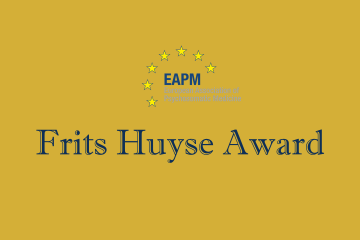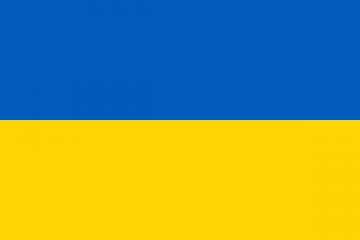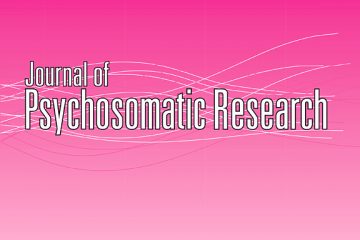Redaction by Anne-Françoise Allaz
 Short annual report (2019-20) from the swiss SAMPP for the EAPM
Short annual report (2019-20) from the swiss SAMPP for the EAPM
Brief summary of the general situation:
- 2019 was a busy year for ‘The Swiss Academy for Psychosocial and Psychosomatic Medicine’ (‘SAPPM‘ in german/‘ASMPP’ in french).
- With 90 new members, SAPPM reaches a total membership of 940 (most are Primary Care Physicians).
- Thanks to our President’s (Dr Alex Minzer) relentless venture, the title of “Capacityin Psychosocial and Psychosomatic Medicine” has been upgraded to an “Advanced training” title by ‘The Swiss Institute of Medical Accreditation’. We are indeed very proud and pleased of this recognition.
- The SAPPM has been involved in several guidelines. Continuous training has been active in all three main linguistic areas of the country.
Covid-19 related situation:
A partial lockdown was imposed in the middle of March 2020, and lasted two months. People were very strongly advised to work from home, but not obliged to do so. All schools, universities, non essential shops, many offices, and restaurants were closed as well as many medical ambulatory consultations.
An important number of initiatives were taken and structured to help patients suffering from mental health issues and chronically ill patients. For instance, during lockdown GPs and Psychotherapists’ consultations were carried through by telephone and/or Skype. Numerous internet platforms (such as hotlines, mindfulness and relaxation training sessions, emotional self evaluation instruments1) made resources available for patients and health care professionals (HCP). Hotlines were also opened in case of domestic violence or suicidal ideations, as well as support groups for patients’ families. Help was offered to HCPs: among other initiatives, skill training recommendations for GPs were published for the handling of patients’ anxiety or grief during phone consultations. Psychological support was offered to HCPs involved in Covid patients’ care in most hospitals.
The situation has nevertheless been difficult for many patients. On the clinical ground, the main problem has been – and still is – the handling of expressed anxiety. A sharp increase in anxiety feelings and sleep problems has been noticed. Grief is evidently, yet another common suffering. The online Swiss Corona Stress Survey2 has evidenced un upsurge in stress and anxiety feelings in 50% of the 10’000 participants (but also lower stress in 25%). Stress level (5 point Likert scale) was highly correlated with an increase in depression levels, which was reported by 57% of the participants. The prevalence of moderate to severe depression (PHQ-9 >15) raised from 3 to 9%. According to several reliable clinical sources, it seems that patients expressing medically unexplained symptoms have displayed similar patterns of difficulties, anxiety problems being in the forefront.
Switzerland has now joined international mental health research platforms (for example the French speaking Covadapt) in order to follow up and respond to the incoming patients’ longterm needs.
- www. Covidout.ch
- de Quervain, D., Aerni, A., Amini, E., Bentz, D., Coynel, D., Gerhards, C., … Zuber, P. (2020, April 24). The Swiss Corona Stress Study. https://doi.org/10.31219/osf.io/jqw6a



0 Comments